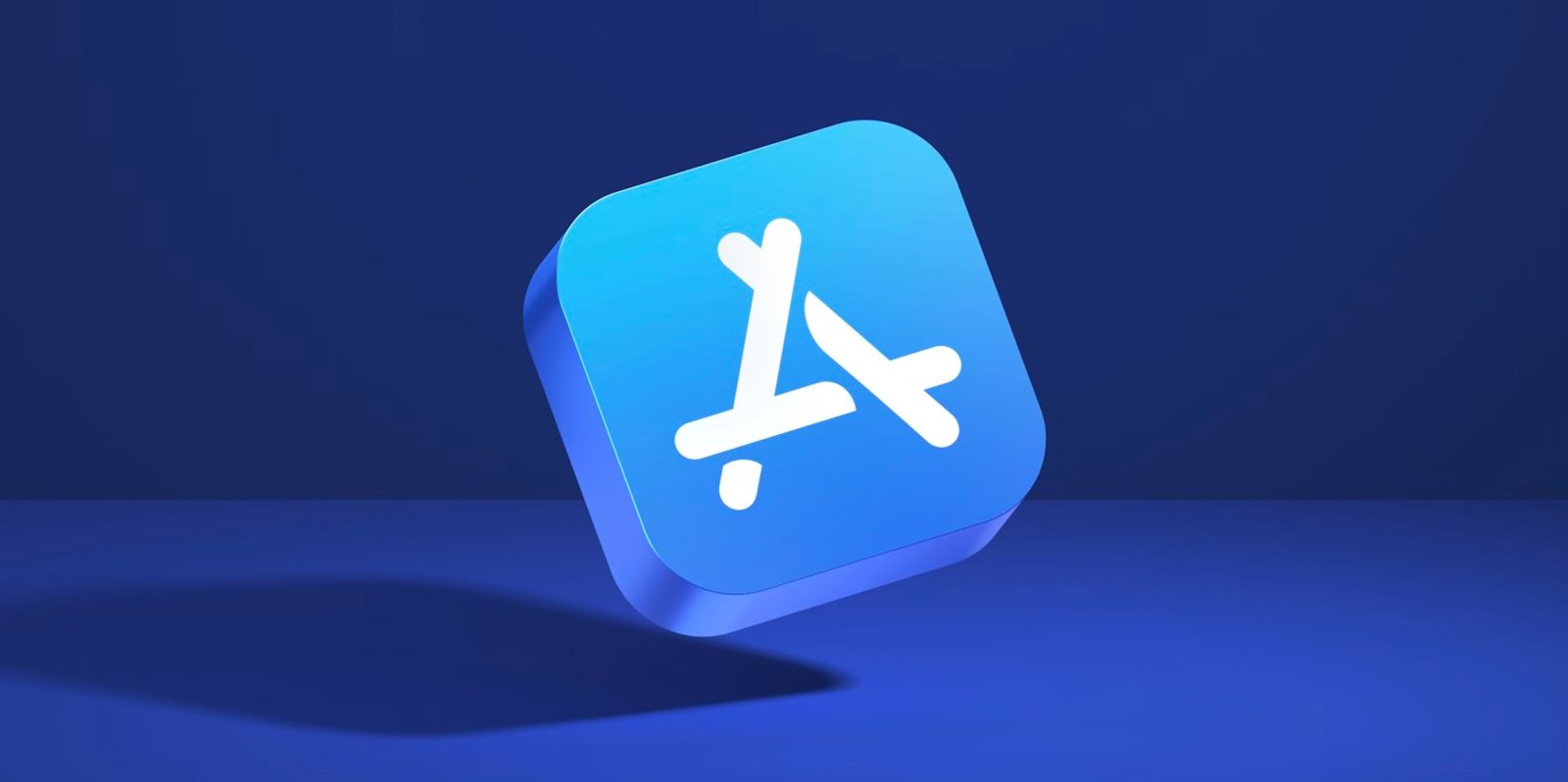
Although the appeal of the Apple-Epic lawsuit is ongoing, Apple is currently subject to the judge’s decision and will have to allow app developers to show links to external payment platforms inside from December 9, unless the Ninth Circuit grants a stay.
In a related legal filing, Apple indicates that it is considering charging a commission on any such transactions that are initiated from within an app, even though they are not using In-App Purchase.
Apple currently charges a 15-30% commission on in-app purchases and basically all digital goods purchases must use Apple’s In-App Purchase system. Apple currently forbids apps from linking out to the web to offer an alternate payment system, outside of Apple’s purview.
However, the Epic-Apple decision as it stands today will mean that Apple must relax that policy and allow external links. The ruling does not prevent Apple from collecting a commission on these purchases, though.
The document reads that if the injunction were to go into effect, Apple could charge a commission on purchases made through such mechanisms. Apple CEO Tim Cook had signaled this intent in a court hearing earlier this year.
Google has already announced a similar policy for its app store. Google has said it will allow developers to use alternative payment systems, but it intends to collect an 11% commission on these transactions regardless – only 4% cheaper than if the developer used the Google Play payment system directly.
The filing is presented to the court in a last-ditch attempt to delay the December 9 implementation date. As such, Apple also stresses the “substantial engineering” that it says is necessary to allow linking to other payment systems. This includes policies and APIs to enable features like Parental Controls and purchase restoration to keep working, in a world where customers can buy things using platforms other than Apple IAP.
FTC: We use income earning auto affiliate links. More.





Comments